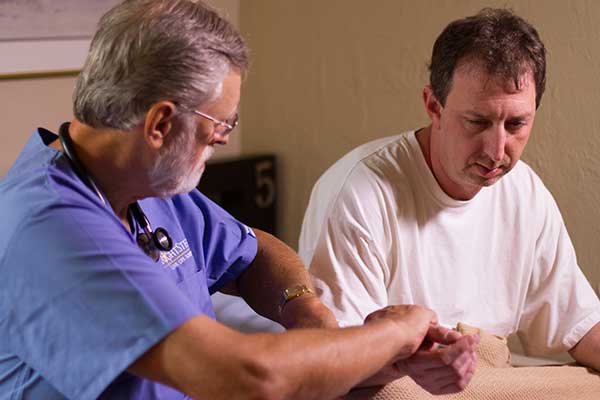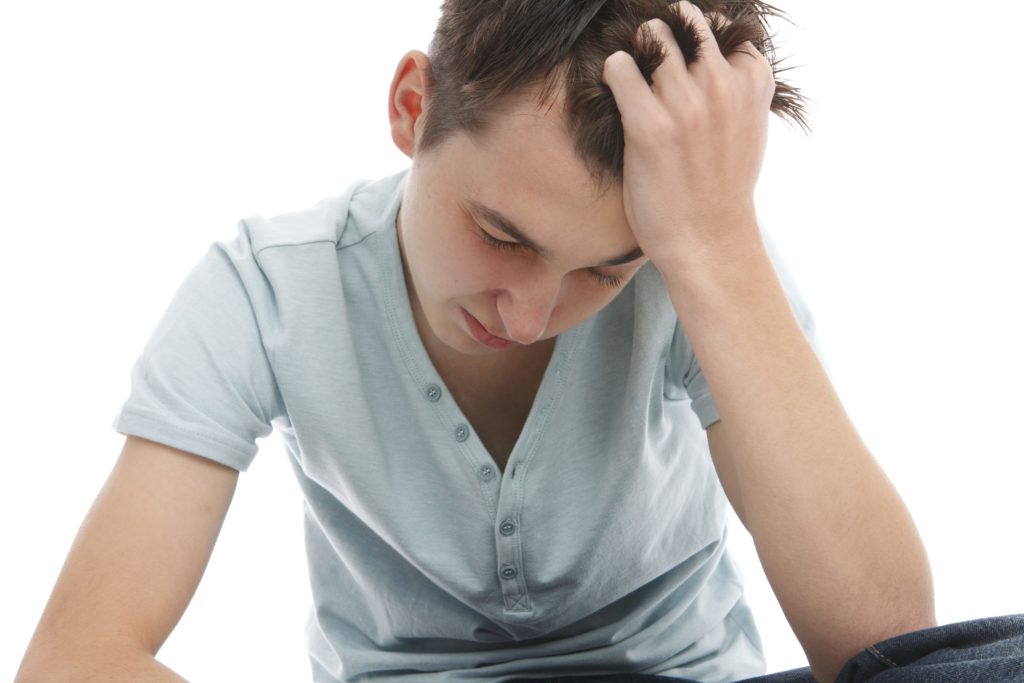Hallucinogen addiction is relatively uncommon, but when it does occur, it can be frightening for teens and loved ones alike. Chances are, if your teen experiments with hallucinogens, he or she has also tried other substances as well (or vice versa). There are four common types of hallucinogens, also called psychedelics:
- LSD, taken orally
- Peyote, usually chewed
- PCP, taken orally, snorted or smoked
- Psilocybin (mushrooms), taken orally, usually mixed with food or drink
Hallucinogens change the way a user perceives the world. The effects are known as “trips” and can last for more than 12 hours at a time.
How Does a Hallucinogen Addiction Begin?
Not all hallucinogens are addictive, but PCP in particular is noted to cause cravings and irritability after several uses, classic signs of addiction withdrawal. Tolerance to the effects of other hallucinogens can also build up over time, requiring the user to take more of the substance in order to feel the same high or experience an intense trip. Hallucinogen addiction is not the most widely studied of drug addictions, but use of hallucinogens is inherently dangerous, especially due to the delusional side effects.
Signs of Hallucinogen Addiction or Use in Teens
It’s easiest to detect that something is wrong with your teen if you encounter him or her during a “trip.” Your teen will act delusional (absolutely believing that there are real sights, sounds and sensations that simply don’t exist), experience intense emotions and possible mood swings, and may have poor recall of recent events. Hallucinogens are typically taken in order to escape reality and to feel good, but the effects can be very predictable. Your teen might experience a “bad trip” in which he or she feels suicidal or extremely fearful. The delusional effects of hallucinogens can also lead to injuries or even fatalities. For example, if a user believes he can fly, he may try to jump out of a window. Other side effects of using a hallucinogen include:
- Unexplained weight loss
- High body temperature
- Insomnia
- Excessive sweating
- Shaking
- Nausea or vomiting
- Dry mouth
Recovery From a Hallucinogen Addiction
If your teen continues to use hallucinogens despite being warned of their potentially fatal consequences, it’s possible he or she is suffering from a hallucinogen addiction. Treatment for hallucinogen addiction is available, as well as treatment for all kinds of addictive behaviors. Please give us a call for a confidential consultation if you are unsure what to do next to help your teen.






